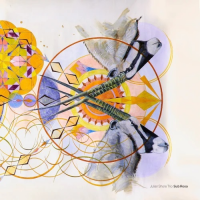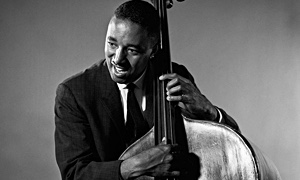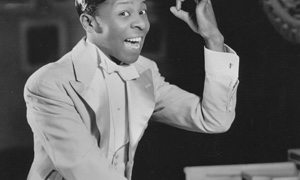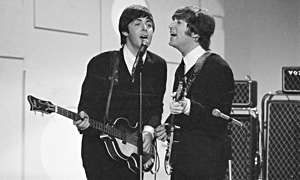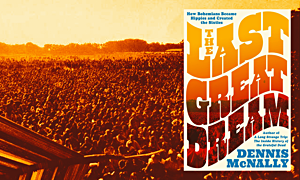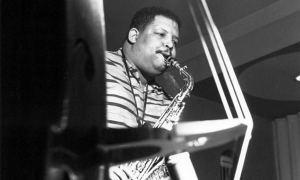Home » Jazz Articles » Book Review » Ron Carter: Finding The Right Notes
Ron Carter: Finding The Right Notes
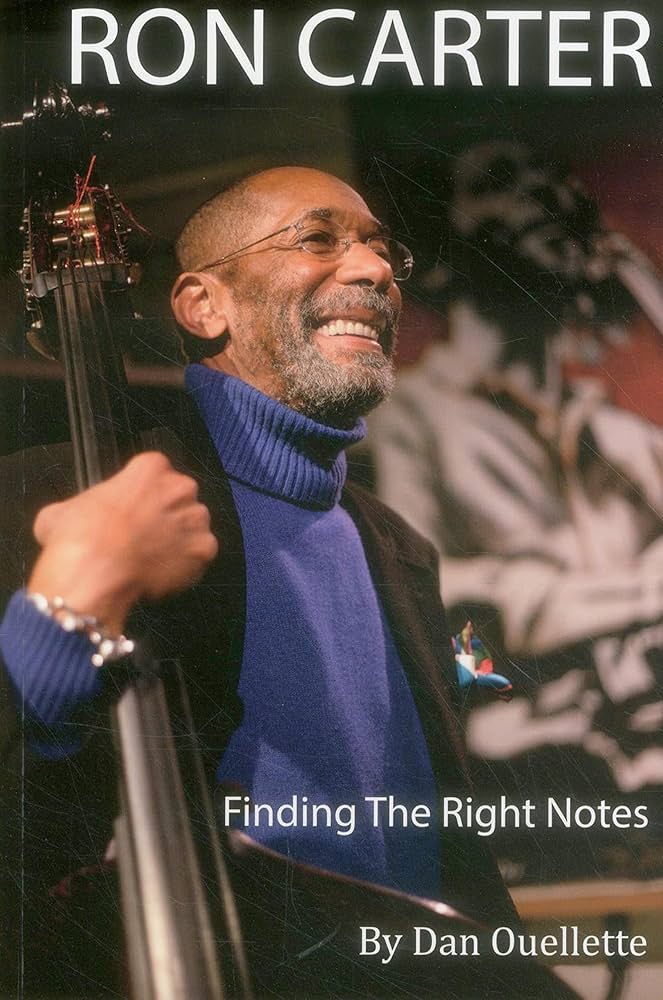 Ron Carter: Finding The Right Notes
Ron Carter: Finding The Right Notes Dan Ouellette
435 pages
ISBN: 978-0-615-26526-1
ArtistShare
2008
Songwriter and vocalist

Gil Scott-Heron
vocals1949 - 2011

Miles Davis
trumpet1926 - 1991
From 1960 to 2009, whether the music is rock, pop, bop, post-bop, fusion or third stream, you will find one constant presence. A tall, quiet black man, whose bone-thick basslines have provided the foundation for modern music. Whether it was with reed player

Eric Dolphy
woodwinds1928 - 1964

Creed Taylor
producer1929 - 2022

Ron Carter
bassb.1937
Such a figure would be a challenge for any biographer. Fortunately Dan Ouellette's biography, Ron Carter: Finding the Right Notes is an informative, insightful, and engaging read that unveils all of the complex inventions and dimensions of this important artist. Ouellette, a contributor to Down Beat and former editor at Schwann Spectrum and columnist for Billboard, had unprecedented access to the usually guarded Carter, and he interviewed dozens of musicians including keyboard players

Chick Corea
piano1941 - 2021

Herbie Hancock
pianob.1940

Billy Taylor
piano1921 - 2010

Jimmy Heath
saxophone, tenor1926 - 2020

Buster Williams
bass, acousticb.1942

Christian McBride
bassb.1972

Charlie Haden
bass, acoustic1937 - 2014

Dave Holland
bassb.1946
What Ouellette reveals is a musician with a firm grasp on his role in the music. The writer's pacing is like that of his subject's playing: steady, with a natural rise and fall befitting of the subject matter. For those familiar with Carter's biography, all of the main parts are detailed: his birth in Ferndale, Michigan, just outside Detroit in 1937 to a solid, middle class family; his schooling in the Motor City's Cass Tech High School, where he changed from cello to bass; his intense studies of European classical music at the Eastman School, where as a student he was stubbed by the conductor Leopold Stokowski; and his dues paying gigs in New York in the 1950s and 1960s.
In this book, Carter opens up as he has never done before, warts and all. His painstaking pursuit of perfection, his never ending battle with critics, his unquestioned role as dean of jazz bassists (juxtaposed with his often tense relationship with the younger McBride), and his love for his deceased college sweetheart wife, are covered with depth and taste. Of course, Carter's role as the vital center in Miles Davis' celebrated combo from 1963 to 1968, is highlighted in detail. Carter proudly describes the group as "a laboratory band. Miles had the lab and the tunes were the chemicals. He allowed us to go in, take our different test tubes and then make our combinations of changes and rhythms. We boiled them up to see if together they had validity."
To say that Carter has played with everybody is an understatement. Time and space do not allow for an even brief overview of the vast array of artists he has worked with: from trumpeter

Chet Baker
trumpet and vocals1929 - 1988

McCoy Tyner
piano1938 - 2020

Sonny Rollins
saxophoneb.1930

Roy Ayers
vibraphone1940 - 2025

Antonio Carlos Jobim
piano1927 - 1994
Other aspects of Carter's life and music are unveiled in this book, including his impressive role of a husband, father, private teacher and college educator. Indeed, Ouellette is to be commended for finally documenting the gargantuan contributions of this gentle giant.
Tags
Ron Carter
Book Reviews
Eugene Holley, Jr.
United States
Gil Scott-Heron
Miles Davis
Eric Dolphy
Creed Taylor
Chick Corea
Herbie Hancock
Billy Taylor
Jimmy Heath
Buster Williams
Christian McBride
Charlie Haden
Dave Holland
Chet Baker
McCoy Tyner
Sonny Rollins
Roy Ayers
Antonio Carlos Jobim
Comments
PREVIOUS / NEXT
Ron Carter Concerts
Dec
5
Fri

Ron Carter Quartet
RegattabarCambridge, MA
Dec
5
Fri

Ron Carter Quartet
RegattabarCambridge, MA
Dec
6
Sat

Ron Carter Quartet
RegattabarCambridge, MA
Dec
6
Sat

Ron Carter Quartet
RegattabarCambridge, MA
Support All About Jazz
 All About Jazz has been a pillar of jazz since 1995, championing it as an art form and, more importantly, supporting the musicians who make it. Our enduring commitment has made "AAJ" one of the most culturally important websites of its kind, read by hundreds of thousands of fans, musicians and industry figures every month.
All About Jazz has been a pillar of jazz since 1995, championing it as an art form and, more importantly, supporting the musicians who make it. Our enduring commitment has made "AAJ" one of the most culturally important websites of its kind, read by hundreds of thousands of fans, musicians and industry figures every month.


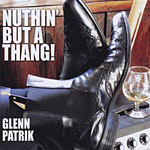


 Buy Now
Buy Now




